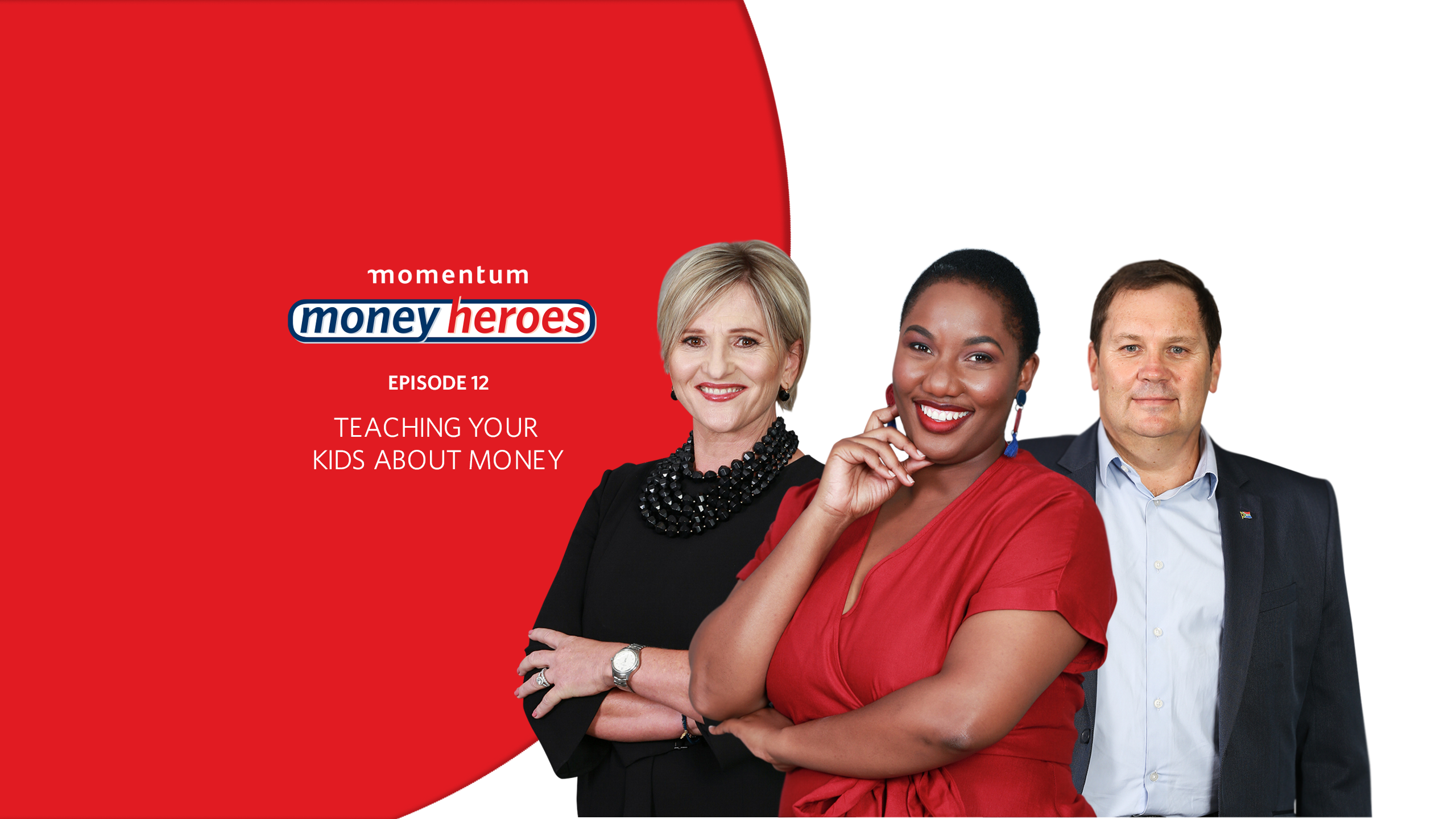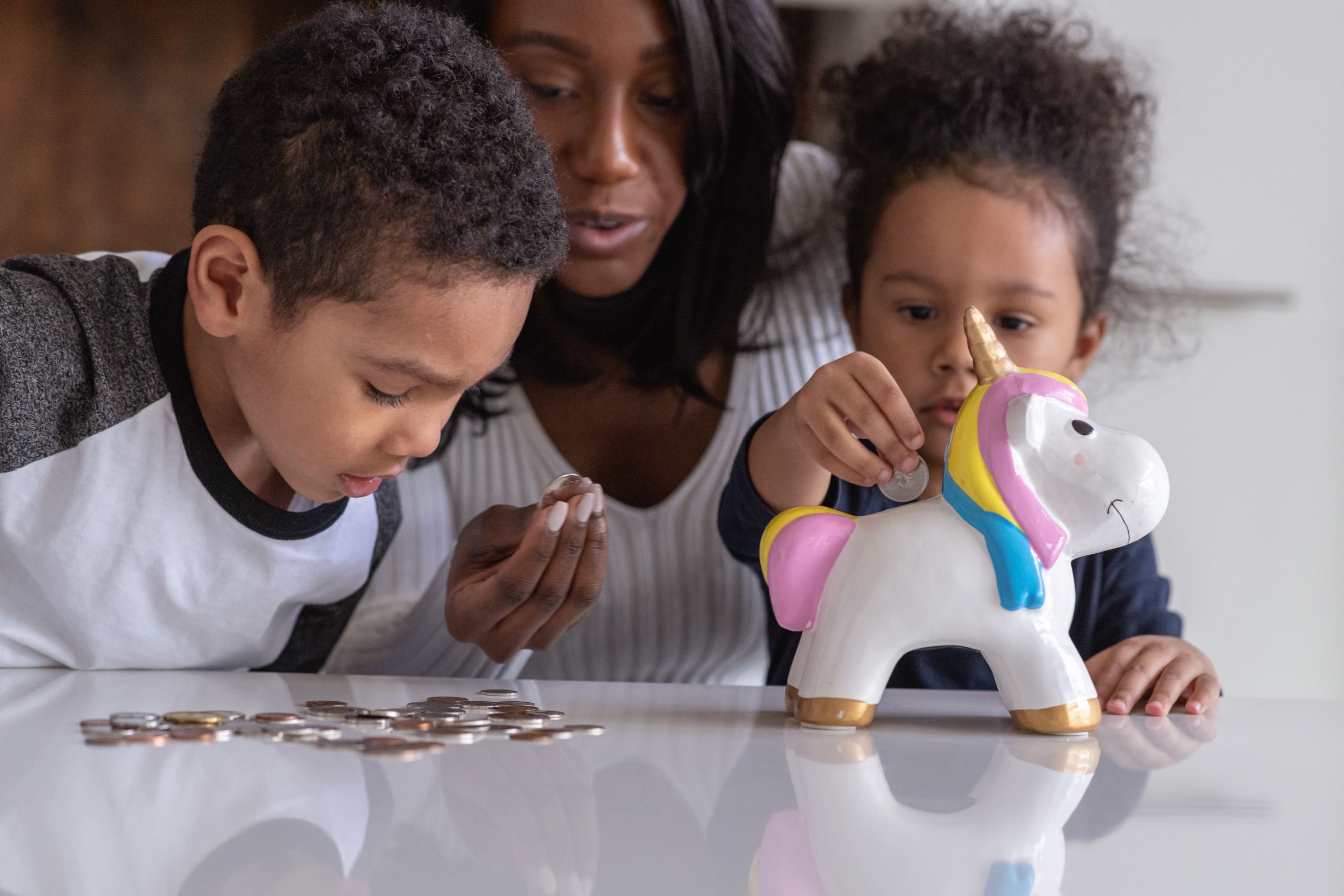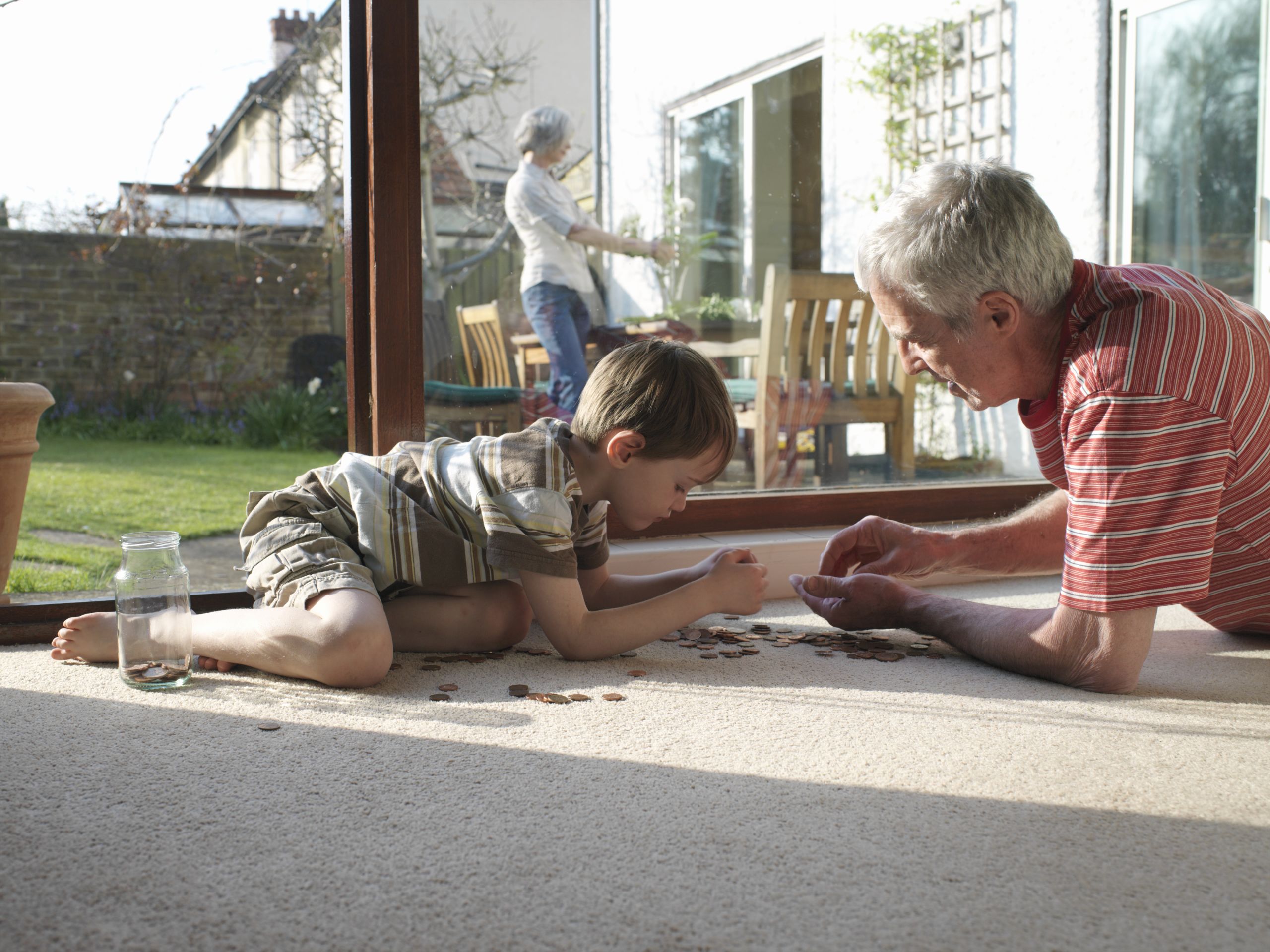
Money Heroes
Money Heroes is an empowering 13-part series that will take you on a journey to applying the power of expert advice in achieving your unique financial goals.
From investments to tax, we've got you covered with empowering advice from industry leaders in South Africa that will accelerate your journey to success.
Do you remember your first "piggy bank"? When you think back, would you have bought all the things you did with the money you saved? We all know something about money today that we wish we knew when we were younger. Teaching your children about the value of money, and how to work with it, can be one of the most empowering things a parent can do.
In this episode, we draw on the power of expert advice to discuss the best ways you can teach your kids about money and build good habits that will last them a lifetime.
Albert van Wyk, a millionaire at age 22, shares his story about how he earned his wealth, while Money Savvy Kids' Kathryn Main gives parents the best practical tips on how to start the money conversation at home.
Teaching your kids about money
Every parent hopes to teach their children everything they know about wealth, so that they can open up a world of opportunities to them.
Teaching your children about money may sound easy to some, but many parents may not know where to start, or perhaps feel like they don't know as much as they would like.
An easy way to start the money conversation regularly could be around the dinner table, in an informal and relaxed atmosphere where you can even discuss some of the mistakes you've made.
Deputy CEO of Momentum Metropolitan, Jeanette Marais gives us some of her best success tips for setting up your children for a lifetime of good habits when working with money.
1. Saving, saving, saving - A handy way to teach children the first principles of saving is to start a piggy bank with them. Teach them to regularly save a portion of any money they have earned or made by putting it in their 'bank'.
2. Help them open a bank account – Your child will need a bank account once their savings have grown substantially. Open a bank account with them once they're ready, and allow them to play on your banking app so they can see how their money has grown.
3. Get the conversation going - If you're looking for good topics to help start the conversation, here are some thought starters:
- Why is your money valuable?
- What is it like to work for money?
- Is debt a good or bad thing?
- Why is it good to start saving early?
- How can money grow into more money?
- What is one money mistake you've made?
"Teaching your children about money will help form good habits, and those good habits will make the biggest difference to your child and their financial future one day."
Watch the video for more from Jeanette on why you should open a tax-free savings account for your child. Join forces with an expert financial adviser for more on how you can introduce the topic of money to your kids.


Teaching Tips
Theo Vorster, CEO of Galileo Capital, speaks to a subject close to many people's hearts: teaching your children to think about finances.
For Theo, there are two elements to consider: how you as a parent should give money to your children, and how to teach children to work with that money.
Much of this will be up to you, but if it can be underlined by the right principles, it will set your child up with good habits that will last a lifetime.
Success Stories: Albert van Wyk
Albert van Wyk has an amazing story. He is an entrepreneur, property investor and has authored a best-selling book, How to become a millionaire at 22.
He gives us his best success tips on how you can help your children dream big and reach for the stars.
Financial education through books – You need to teach your children the building blocks of creating money and growing wealth. The best way to do this is to read books.
"That's how I started. I read so many books since age 10. If they don't want to read the books, pay them to read them."
Allow your child to be creative – Too many parents discourage their child's creativity, forcing them to rather focus on homework or sport. Allow your child to fail at small things; to lose some money, make some money, and learn from their mistakes. They will learn entrepreneurship through this experience.
Watch the video for one last tip from Albert, where he gives his perspective on why pocket money may not be the best way to spark your child's inner entrepreneur.
Success Stories: Money Savvy Kids
Kathryn Main is the CEO and Founder of the Money Savvy Groups. Drawing on her years of experience, she gives parents some practical tips to teach their children how to be 'money savvy'.
Money talk is not taboo – Money conversations should no longer be taboo in your home. Start making open conversations the norm. You can get your children involved by showing them how you've adjusted your budget during the pandemic recession, and what they as children can do to help.
Encourage them to make money – There is nothing more empowering than to teach a child to start thinking about how they can make their own money. Encourage your children to think about how to turn their passions into money-making machines, even on a small scale.
'Pay yourself first' – This phrase is another way to teach your children to think about traditional saving. Teach them to view saving as 'paying themselves first': to ensure they have money saved to help them in emergencies, or for things they want or need.
Watch the video for more from Kathryn on online platforms that you can use to teach your children about the basics of trading stocks online.



